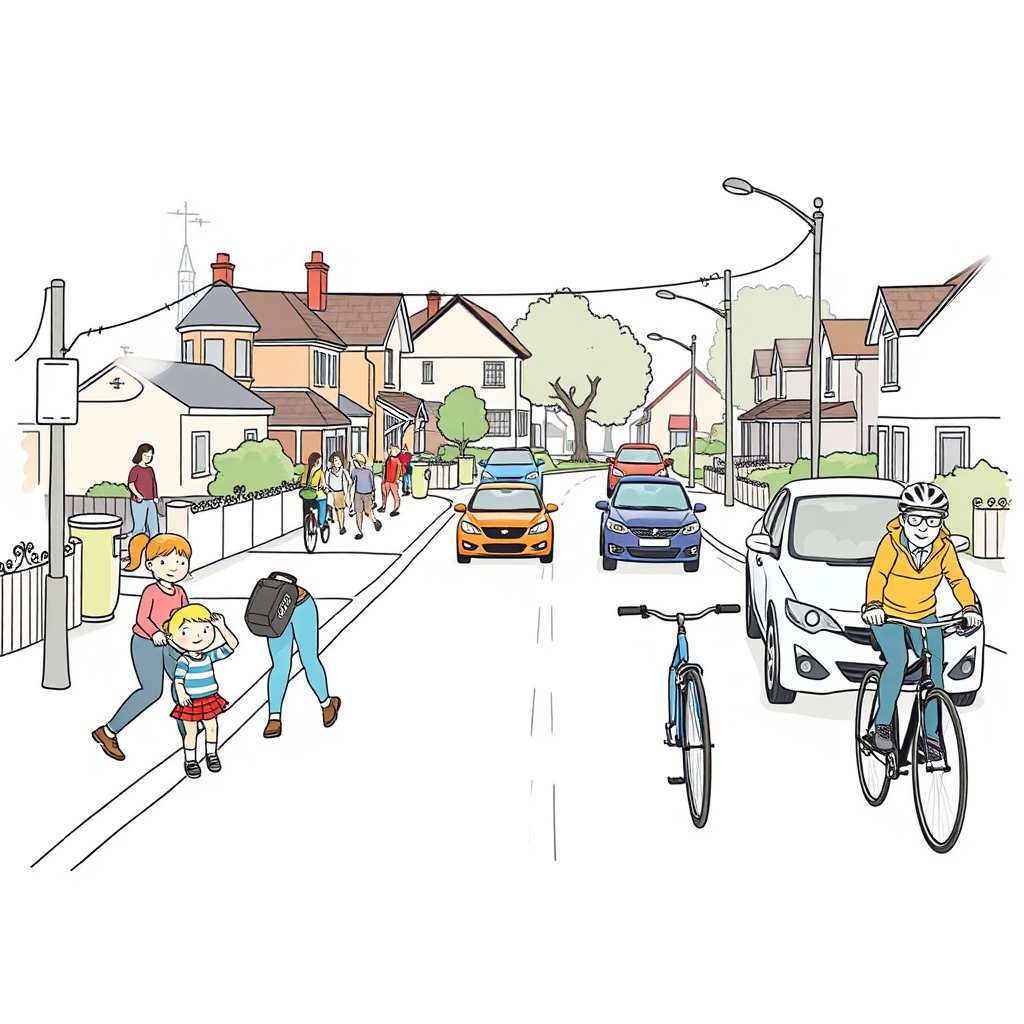Local Programs Making Roads Safer For Everyone

Road safety isn’t simply about enforcing laws; it’s a collective responsibility nurtured through consistent, localized efforts. Across the UK, a network of community-based initiatives is working to improve driver behavior and reduce accidents, demonstrating that impactful change often begins at the grassroots level. These programs, frequently supported by local councils and police forces, focus on education, awareness, and fostering a culture of care on the roads.
One of the most promising approaches is early intervention. Road safety education in schools isn’t just about teaching the Highway Code; it’s about instilling responsible attitudes before individuals even begin to learn to drive. Interactive workshops, simulator experiences, and presentations aim to equip young people with the knowledge and mindset to avoid reckless or distracted driving.
Beyond schools, Community Speed Watch programs are proving effective in residential areas. Empowering residents to monitor traffic speeds and report violations not only deters speeding but also builds a sense of community ownership and responsibility. This collaborative approach is far more impactful than simply relying on police enforcement.
Local driving schools also play a crucial role. The best schools aren’t just teaching people how to drive; they’re emphasizing defensive driving techniques, hazard awareness, and practical skills for real-world scenarios. This focus on safety, rather than simply passing the test, is essential for creating confident and responsible drivers.
Public awareness campaigns, while often seasonal, remain vital. From winter driving safety tips to anti-drink driving messages, these campaigns leverage social media, posters, and community events to reach a broad audience. However, their effectiveness hinges on consistent messaging and sustained effort.
Importantly, road safety isn’t solely the responsibility of drivers. Programs like Bikeability, which teaches safe cycling skills, and pedestrian safety initiatives are equally important. Educating all road users contributes to a safer environment for everyone.
The integration of technology, such as speed and red-light cameras, is also proving beneficial. While some may view these as intrusive, the deterrent effect is undeniable. Furthermore, the data collected can help identify accident hotspots and inform targeted safety improvements.
Finally, opportunities for ongoing education, such as driving refresher courses and community workshops, are essential. Habits can deteriorate over time, and these programs provide a valuable opportunity to brush up on skills and stay informed about changes to the Highway Code.
These local initiatives represent a proactive and holistic approach to road safety. While national legislation and enforcement are important, it’s the consistent, community-driven efforts that truly make a difference. Supporting and participating in these programs isn’t just about protecting ourselves; it’s about creating a safer environment for everyone on the road. It’s a testament to the idea that lasting change often starts at the local level, with individuals working together to build a more responsible and safer community.